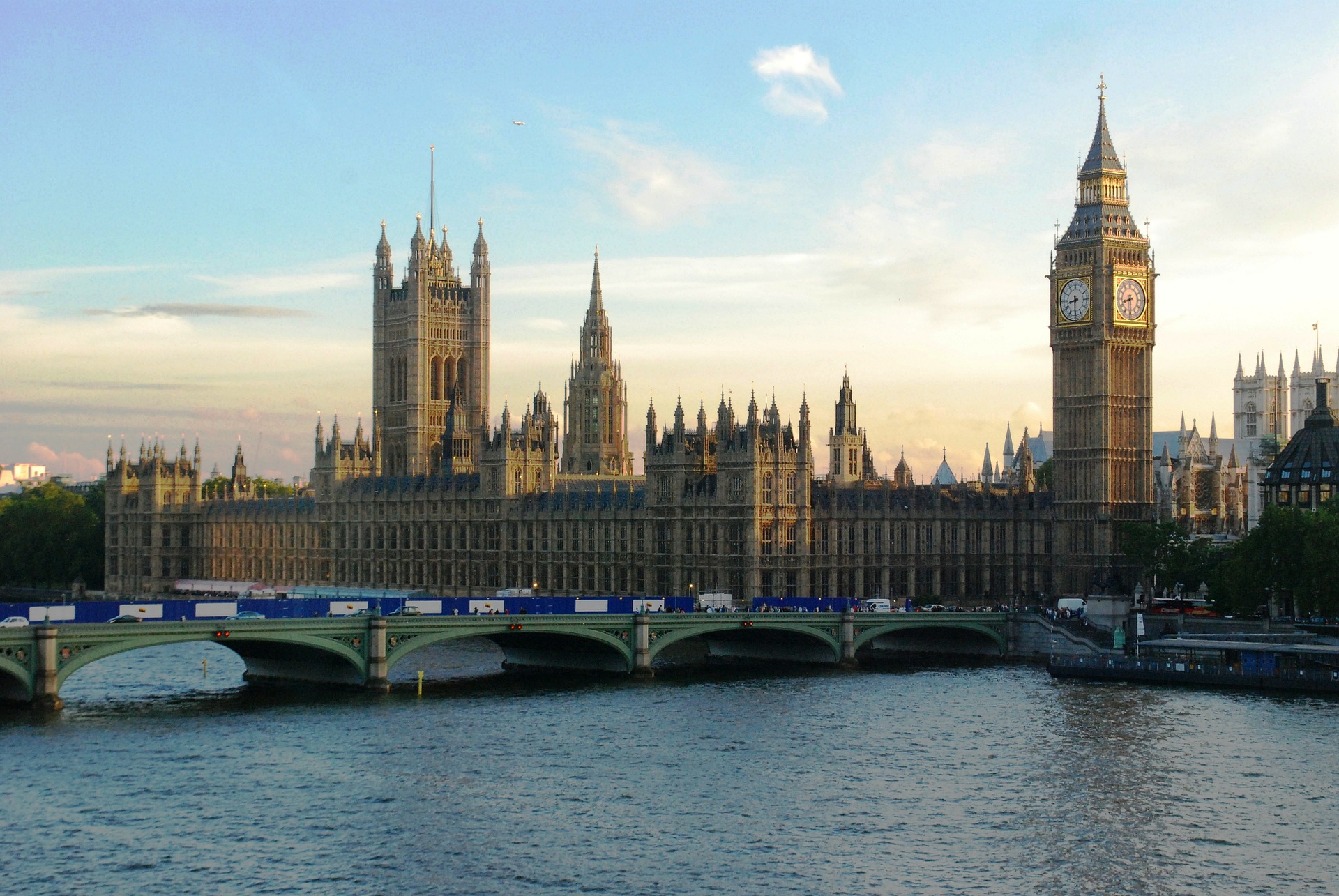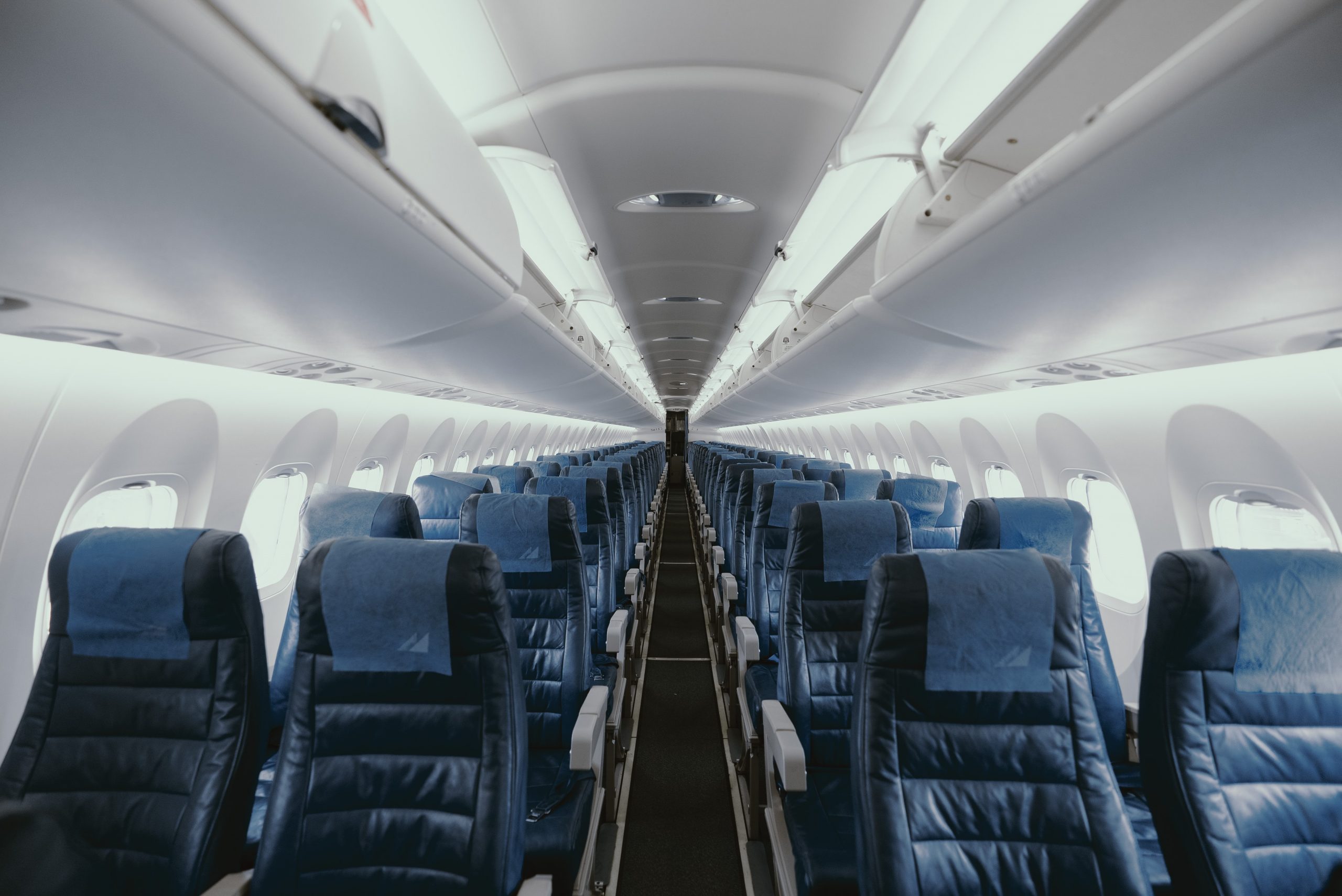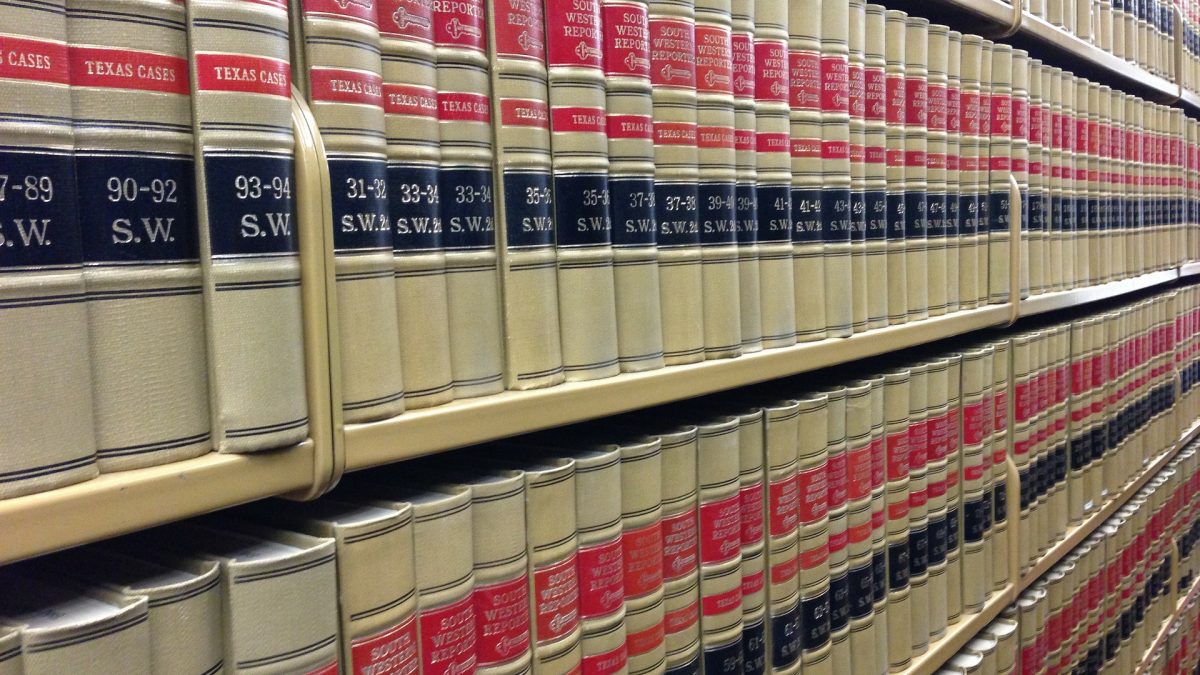
Clear the Lobby: What laws are MPs voting on this week (w/c 20th July)?
July 20, 2020
Airline Staff Redundancy and the Coronavirus Crisis
July 22, 2020In the wake of the COVID-19 pandemic, several states have changed their strategies to conduct standardized tests safely. The Bar Exam fits right into the slot, with states swinging their decisions between online test-taking and canceling the exam. It has left thousands of law graduates concerned over the idea, and indeterminacy.
At first glance, it might seem like the online Bar exams are certainly better than its traditional alternative. Applicants no longer have to travel to exam centers amidst the pandemic. They can write exams from the security of their homes, without risking their health. However, it has inevitably left students worrying over the privacy and technological glitches that could add to the pressure of the exams.
Students to be Guinea Pigs
Though software programs are being used for dozens of other tests online, it is the first time that an exam of such importance is to be conducted in cyberspace. As such, the batch of 2020 is essentially participating in an experiment that has no prior success data. Students are worried that there are too many factors that could go wrong.
States will be depending on private vendors to administer the test, allowing remote monitoring of individuals throughout the exam. The vendors shortlisted have been previously used for online testing, but only in classrooms.
Though the states ensure that the vendors have sufficient systems to manage the security of a remote exam, there are a few variables that would also depend on the students. For instance, not every student might have access to an appropriate place for test-taking, nor a steady internet connection.
Students are equally anxious about privacy and off-site monitoring. The type of surveillance software used in such scenarios could invade the student’s privacy and peak into the intimate spaces of the test-takers as well. As of now, there are no specifications on what data would be collected, or who would have access to it.
Even then, if the terms of surveillance are displayed prior to the exam, no test-taker would be in the right mindset to verify the conditions. Educational experts and law graduates worry whether the states would be able to come up with the requisite quality of online tests in such short notice.
What are the Alternatives?
There have been several groups formed by law school graduates to advocate the waiving of Bar exams to practice law. Instead, they are urging Bar Commissioners to consider a professional license, only a law degree.
A few states have already taken steps in that direction, by canceling Bar exam requirements for law graduates. However, critics are skeptical that such an initiative would lead to unqualified lawyers.
For students, even after graduating from a prestigious law school, find themselves unable to find employment given the uncertainty surrounding Bar exams. As more states are merely pushing the dates further without arriving at a deadline, or an alternative solution, the situation is only complicating the job options.
If the issues regarding online exams persist, many students will have to wait until 2021 to take a traditional bar exam, while remaining unemployed, and without access to health insurance. The move to the online Bar exam is certainly not without hindrances. But for now, it seems like the only solution, unless the states decide to cancel the requirement altogether.





